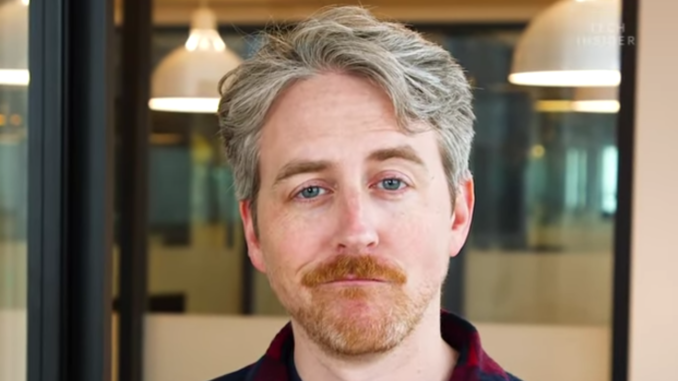
It’s as certain as the sunrise and the sunset. We all age, and the appearance of gray hair, sooner or later, is part of that experience. Just for a kick in the head (and my own edification) I decided to read up on why that is, and share it with the class.
According to Harvard Medical School, as well as WebMD, and many other reputable sources, the primary cause of graying hair is genetic (quelle surprise!) although there can be a variety of other causes. When everything in your scalp is working correctly, melanocytes produce melanin which gives your hair its natural color. But, depending on one’s genetic disposition, gray hair may start at a young age (under 30) or may not begin until much later. So, not much we can do about that… yet.
Stress is popularly believed to turn a person’s hair gray, but that may or may not be exactly true. The role of stress is a bit controversial in this role. While no link has been found between stress and going gray, stress has been shown to cause the owner’s hair to fallout. When hair grows back in, it may not contain as much melanin as before leading to the perception that it was stress that caused hair to turn gray. In this view, it turned gray as a natural part of aging: a decrease in melanin is normal with age, and accelerated hair loss as a result of stress just makes the gray appear faster than it would have without stress.
Health issues may also cause graying hair. Alopecia areata, neurofibromatosis, thyroid disease, tuberous sclerosis, vitiligo, smoking tobacco products, exposure to UV light, or simply a nutritional deficiency of vitamin B12, among other things, may all be contributing causes of graying hair. However, it must be emphasized that far and away the most common cause of gray hair is genetic, not an illness or disease.
Imatinib, an anti-cancer drug, has been found able to cause gray hair to revert to the recipient’s natural hair color. But (and this is a big but), imatinib has dangerous, potentially lethal, side effects, and it’s crazy expensive. This discovery does prove that gray hair can be remedied with a more precise, less expensive, and less deadly treatment. It just needs to be sorted out, and no doubt it will be eventually.
Getting back to natural, genetic causes of graying, you might be interested to know that hydrogen peroxide (the very same stuff that platinum blondes use to bleach their hair before dyeing it) is produced naturally in small quantities by our hair follicles. Ordinarily, catalase (an enzyme our bodies produce) breaks down hydrogen peroxide but as we age we produce less and less catalase. Result: hydrogen peroxide runs wild, destroying melanin-producing melanocytes and our youthful hair color with them.
In the interest of further elucidation, the following three videos earned the Night Owl seal of approval.
Baylor College of Medicine, “Age isn’t the only reason why hair starts to go gray” (2:46):
Speaking of Chemistry, “Why Does Your Hair Turn Gray?” (3:17):
Science Insider, “Why Some People’s Hair Turns Gray” (3:45):
Question of the Night: Do famous actors, entertainers, celebrities, become more attractive after they go gray, or less so?
